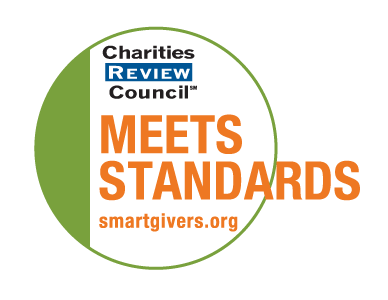Hey all, I’m back with the concluding chapter in our series on body literacy. In part 1, we defined body literacy. In part 2, we dove a little deeper to discuss why body literacy matters. And in part 3, I will be sharing ideas on ways to become more body literate!
Learning from different sources can help you gain well-rounded knowledge. And while physiology and biology are fairly standard, the experience of health and wellness changes from person to person. So, learning about health and wellness from multiple sources will only benefit you. Here’s what I recommend:
Parents
If you are a teen, your parents can be an enormous source of information when it comes to body literacy. If you are blood-related, they can inform you on genetic health concerns that run in the family. In turn, this can help you better understand your own health and hopefully drive healthy decisions. If you are not blood-related to your parents, they can be a great source of support while you seek out your own genetic history.
Books
One of the first books I read about women’s health was ‘Our Bodies, Ourselves,’ and I fully believed it changed my life. Seeking out health-related books can be invaluable to your lived experience. You can find a book about pretty much any niche topic these days, which means you can tailor the information you want to learn to your unique needs.
The Internet
An amazing source of information these days is, of course, the internet. You can find chat rooms, support groups, articles and blogs, and videos on the very topic about which you are looking to learn. One word of caution about searching for health info on the internet: make sure the source is credible. Was it written by a medical professional? Are they trying to sell me something? Can the information be verified with another source? It can be really easy to learn false information, so it is important to be cautious when you are Googling your health questions.
Healthcare Provider
Your healthcare provider is a great person to speak with when you are seeking out health information. They can help you understand your unique body and any specific challenges you might face based on your health and family history. Don’t be afraid to ask your doctor or practitioner questions, they can offer great insight on body systems and healthy functions.
Teachers
Teachers and educators can be very helpful when you want to learn about health and wellness. Many health teachers and educators are specially trained on specific subjects and can offer a more in-depth approach to the topic of your curiosity. They might also offer advice, suggest books for you to read, classes or groups for you to join, and are usually more than willing to help you talk out your concerns.
As with anything, don’t just take one person’s word for it. If you have a specific question about a health concern that affects you, seek out multiple sources to verify what you have learned. Sometimes people unknowingly spread misinformation, so, if you seek out various sources, it will help you identify any incorrect information and replace it with knowledge that is more accurate. At the end of the day, you are the only one responsible for you health. You are in charge of your body, the knowledge you seek, and the choices you make. Body literacy can help you be the best you and live your most fulfilling life. Knowledge is power!

